
Sometimes the smallest step in the right direction ends up being the biggest step of your life.
Tiptoe if you must, but take this step.
New Year Resolution
The new year is almost here and it’s time to set some resolutions. With the motivation of a new year driving you to succeed, now’s the time to set some goals and stick to them. While you may be worried about your resolutions not lasting, having a clear goal will always deliver more improvements than not.
To set yourself up for the success of the new year resolution for 2021, be specific and realistic about your resolutions. Also, remember to reward yourself regularly and not give up after a setback. After all, changing both your behavior and mindset is never easy, but it certainly is worth the effort.
Some points are repeated in this post but in different forms as reminders to make you understand the importance of the same. Try to follow all suggestions during the year so that you will find yourself a different person at the end of the year.
When making resolutions ask yourself the following questions:
- How do you want to feel? Will this resolution get you closer to that?
- What energy do you want to create? Will this resolution give you that type of energy?
- Are you operating from a place of restriction, or abundance? Does this resolution involve taking away things you like?
- Would you recommend this resolution to your younger sister or best friend?
- How will this resolution impact the next 5 years from now?

Click here for New Year’s Resolution Ideas
From setting yourself healthier goals to making changes that’ll allow you to get the most out of life, here are twenty New Year’s resolution ideas that’ll see you become the best version of yourself.
Get Healthy / Lose weight- Getting healthy and losing weight are two of the most common New Year’s resolution ideas. They’re also two resolutions that tend to fail. The key to sticking to this goal is to be clear about what you want to achieve. Instead of simply intending to get healthier, set specific goals, such as quitting fast food, soda, or sweets, drinking less alcohol and more water, or exercising 30 minutes a day. Achieve each goal step by step.
Travel More- If you spent this year stuck at home, chances are that traveling may be on your list of resolutions. Instead of just leaving it as an empty promise to yourself, make it happen. Plan where you want to go, ask for the time off work, and decide on how much money you’ll need so you can start saving.
Quit Smoking- Quitting smoking can be one of the hardest resolutions to stick to. Luckily, there’s now plenty of help around to boost your commitment and keep you on track. Just remember, a setback does not mean you need to give up on your goal! Keep pushing through and stay focused on how much better your life will be without cigarettes.
Define your style- The New Year is the perfect time to re-access how you want to present yourself to the world and define your style. Whether you want to dress more sophisticated, be bolder with your clothing choices or take your look back to basics, now’s the time. Start with a big closet cleanout and go from there.
Take up a new hobby / Learn a new skill- Taking up a new hobby or learning a new skill can be a very rewarding resolution to undertake. Choose from a variety of options, such as painting, learning a musical instrument, cooking, writing, and reading more, to find your favorite activity.
Save more money- By saving more money you can drastically improve your life in the long run. Be sure to set a budget and track exactly where you spend your money to stay on top of things. Then, transfer money each week or fortnight into your savings and watch it grow. The same techniques will work for getting out of debt too.
Improve relationships- Setting a resolution to improve the relationships in your life can make you feel more connected, happier, and less lonely. Whether it’s setting regular date nights with your partner, making a special effort for friends’ birthdays and other special occasions, or picking up the phone and calling your parents/close relatives, you’ll feel better for making the effort.
Get organized- Becoming more organized in life will not only feel great, but it’ll help you accomplish all those other goals you’ve set. By using a daily planner you’ll never miss a deadline again and by de-cluttering your home you’ll experience more mental clarity and reduce stress.
Stop judging people- A resolution to stop judging people is a noble goal. By focusing on people’s positives rather than their negatives, you’ll learn to be more accepting of both others and yourself.
Stress Less- Setting a resolution to stress less can be difficult and cause stress itself. Instead of worrying about changing your mindset instantly, focus on relaxing more through meditation, yoga, massage, or even a bath. Then, slowly work to view things in a positive light rather than a negative one.
Learn a new language- Learning a new language is a great way to exercise your brain and immerse yourself in another culture. Whether you sign up for a local class or learn online, you’re sure to find the challenge rewarding.
Get a better job- Getting a better job is often atop many New Year’s resolution lists. If it’s on yours, create a clear idea of what a better job means to you and how you can achieve it. You may need to get a mentor for insightful advice or it may be time to take the plunge and start your own business.
Be more adventurous- If you felt like this year was a little dull, you may have resolved to be more adventurous in the new one. Start by saying yes to more things and trying things you’d normally avoid and you’ll soon be living life to the fullest.
Watch less TV- If Netflix had you glued to the TV all year long, you may be feeling a little disappointed with yourself. By setting a resolution to spend less time on the couch, you’ll make sure 2021 is one to be proud of with plenty of accomplishments.
Become more cultured- If you’ve ever been stuck in a conversation about art and not been able to contribute a thing, then now it’s time to get more cultured. By becoming a member at your local museum or gallery, attending the ballet, or catching a play, you’ll have plenty to say in your next cultural convo.
Be Greener- Setting a resolution to be “greener” is the perfect way to help the environment and feel good about yourself. Be sure to set clear goals, however, such as recycling wherever possible, buying sustainable items, changing diet, or riding to work instead of driving.
Stop Procrastinating- There’s no better time than the beginning of a new year to stop procrastinating. For each task that you want to accomplish, set yourself a realistic timeline with regular checkpoints. Once you’ve completed the task, give yourself a little reward for all your hard work.
Be more selfless- Being more selfless is a fantastic resolution for the New Year. By donating your time or money, working to help others succeed, making a special effort to help a friend in need, or going out of your way to being kind to a stranger, you’ll do your part to make the world a better place.
Fall in Love- Falling in love is a tricky resolution to achieve. As it’s often out of your control, it can be better to focus on self-improvement to better your chances of attracting a partner rather than searching for love itself. That being said, you won’t meet anyone sitting on the couch watching TV, so be sure to put yourself out there.
Get more Sleep- To get more sleep is a goal on many of our lists. Going hand-in-hand with endeavors to live healthier, getting more sleep will leave you in better shape physically and mentally. Try setting an early bedtime and getting up earlier to achieve this resolution.

Click here for New Year Goals-
This year, your New Year’s Eve, like all of the 2020 holidays, will likely look different. You might be spending the evening watching New Year’s movies or playing a New Year’s game at home with your family rather than going out for a glitzy night on the town.
But we know you’ve seen all those resolution lists before, the ones with all the complicated cleanse, intense workout plans, and sincere intentions to do your best and make new healthy habits. Those tend to make you feel overwhelmed, and by January 20th, you’re ready to get back to the same old, same old.
But change doesn’t have to come all at once. Why not subscribe to the motto, “Progress, not perfection” this year and pursue a few goals in small steps. What follows is a list of goals that aren’t rocket science, but can work within your busy lifestyle, create more freedom, stimulate creativity, and ultimately cultivate a connection with those you love and the community around you.
Resolutions are likely to break within a couple of months so an alternative is to set goals for the year and try to achieve these goals.
Less soda more tea Dance even when people are watching
Get Organized Make time for Hobby
Admit when you are wrong Do not participate in gossip
Drink one glass of water before every meal Teach empathy
Spend money on things that create memories Take care of the garden
Less ignorance more understanding Inspire Dance- even when people are watching
Hug your children every single day Take better photos
Cook one “real” meal every week Pay down Debt
Be someone that makes you happy Socialize more
Use products that are eco friendly Let go of grudges
Less talking more listening More gratitude
Spend more time outside Visit new places
Less planning, more doing Spice up the mundane
Make time for breakfast Finish an outstanding task
Floss more often Make a new friend
Be more awesome than last year Save for a special occasion
Learn to tweet More family dinners
Get lots of rest Less junk foods more salads
Make time for ME Laugh every day
Less complaining, more encouraging Do better
Take more photos of loved ones Worry less
Surround yourself with positive people Less doubting, more believing
Stay focused BE Positive
Always give a little more than you promised Stay focused
Less lazing around, more working out Watch less Tv
Less frowning more smiling Buy one thing that is organic
Reconnect with old friends Less insecurity more confidence
Try one vegan meal Arrive on time
Find the good in people Recycle more
Dedicate one night a week to “us” Pay cash more, Credit less
Have more patience with idiots Learn something new
Don’t get the last word Quit an addiction
Buy one outfit that makes you feel sexy Read more books
Learn something you didn’t as a child Create and maintain a bedtime routine
Run an obstacle race Be less self-deprecating
Clean something thoroughly every week Get healthy
Dress like you are going out even when you are not
Forget past mistakes and move on to bigger and better ones
Make personal phone calls instead of texts or e-mails.

Click here for New Year Goals II-
Did you start 2020 with dreams of traveling more? Or maybe you wanted to break out of your shell and make new friends and explore your city? Perhaps you set fitness goals for yourself or had the intention of spending more time with your family. Regardless of how you started this year, it’s safe to say it probably did not go the way you’d planned because of the COVID-19 pandemic.
1. Focus on a Passion, Not the Way You Look
Resolutions are in fact NOT an invitation to start a diet or a workout plan but a beautiful reminder that a new year can bring new life to our passions.
2. Work out to feel good, not be thinner.
Instead of obsessing over the scale, obsess over how amazing you feel since you started being more active. Numbers don’t mean much.
3. Stop gossiping.
Don’t be that person. Spread positivity.
4. Give one compliment a day.
You never know—it just might make that person feel a whole lot better.
5. Go a whole day without checking your email.
Nobody’s going to die. It can wait until tomorrow.
6. Do Random Acts of Kindness
Anyone can be kind, and it costs you nothing. Acts of kindness and generosity make the world a better place. Encourage caring and compassion and believe it is better to be thoughtful and kind than to bully. Let’s spread smiles together! You don’t have to be big to make a BIG difference in the world.”
7. Read a book a month.
Haven’t you heard? Reading is good for your brain, it can reduce stress, and it can improve your memory and concentration.
8. Go someplace you’ve never been.
Step outside of your comfort zone and do something daring. It’s good for the soul and forces you to learn new things.
9. Clear out the clutter.
Clutter is literally bad for your health. Research says it stresses you out. Make 2021 the year of organization and cleanliness.
10. Turn off your phone one night a week preferably every day.
You’re sleeping anyway. You don’t need it!
11. Reduce your waste.
Reduce your waste by ditching paper towels in favor of rags you cut up from old towels and clothes. Another easy switch is reusable grocery bags. It makes a difference!
12. Volunteer.
Not only is volunteering good for your own mental and physical health, but you’re doing something kind and selfless for others.
13. Travel on a small budget.
“Traveling on a budget is all about flexibility and being willing to sacrifice a bit of comfort and luxury in favor of seeing the world and the life-changing experiences that travel comes with. A lot of people have the idea that travel needs to be luxurious and holidays need to be expensive for them to be fun.
14. Write down one thing you’re grateful for every night.
End the night with gratitude and you’ll feel better when you lay your head down on your pillow.
15. Drink more water.
You’ve probably heard that your body needs it. 75 percent of us are chronically dehydrated. Drink up!
16. Take some of your paychecks and put it in savings or investment.
Even just a small percentage can really add up down the line. Plan for the future and don’t be generous with your money.
17. Stop multi-tasking.
Multi-tasking can lead to memory problems, it reduces our brains’ grey matter, it hurts productivity and efficiency, and it can even increase stress, anxiety, and depression. Focus on one thing at a time.
18. Talk to yourself with kindness.
We aim to be nice to others but then criticize ourselves relentlessly. Stop! Think nicer things about yourself.
19. Call a friend instead of texting them.
You can Face time them for extra measure!
20. Don’t buy things you don’t need.
Bad habit. We love to spend money even if it’s for no good reason. Don’t need it? Don’t buy it.
21. Keep a journal.
Research says that journaling can help battle anxiety, stress, and depression. Even if you write only a few sentences, you can reap the benefits.
22. Clean out your car.
It’s so easy for it to become trashed, especially if you drive a lot. Spot clean as you go so that your ride is always looking sharp.
23. Put your bills on auto-pay.
This won’t put you under any financial stress, do it! It’s one less thing you have to think about and you’ll never pay late fees again. Win-win.
24. Take the stairs.
It’s good for your caboose.
25. Go to the dentist when you’re supposed to.
Your oral health can actually have an impact on things that are happening in other parts of your body, like your heart and lungs.
26. Be kind on social media.
“I think everyone who uses social media should strive to empathize more with strangers and respond to others on the internet with kindness. Don’t let hate or bullying be motivation for interacting on social platforms.
27. Let go of grudges.
Wouldn’t it be nice to start 2021 with a clean slate? Leave hate behind. Anger is so 2020.
28. Stay in touch with the people who matter.
Even a quick call, text, or email can make a world of difference.
29. Try a totally new restaurant.
Go on. Be adventurous. Get that strange sushi roll or order takeout from the Indian restaurant that just opened up recently.
30. Start a new hobby.
Do new stuff. Let yourself blossom in 2021.
31. Travel somewhere without posting about it on social media.
“No status updates, no photos… just go on vacation and not tell anyone. That might seem silly but in a world where ‘it didn’t happen unless you post it about it on Instagram,’ it can be a challenge to resist the temptation to post that sunset beach photo or poolside cocktail selfie.
32. Bring a plant into your home.
They might help reduce your stress and improve your productivity.
33. Sanitize your personal belongings.
Daily use items like cell phones might be the dirtiest things we touch all day.
34. Start cooking!
Bonus points if it’s something you feel like you’re not good at.
35. Buy less plastic.
It’s polluting our oceans, destroying the earth, and hurting animals. Be more aware of what you’re buying.
36. Send handwritten letters.
Nobody does this anymore, and it’s such a thoughtful, genuine gesture. Make somebody’s day!
37. Donate clothes you never wear.
We tend to hang onto stuff “just in case.” If you haven’t worn it in a year, give someone else the chance to.
38. Pay off your credit card every month.
And if something is so expensive, you think that you won’t be able to? Don’t buy it.
39. Avoid people who complain a lot.
It doesn’t matter how positive a person you are. Negativity spreads, and it will impact you. And on a similar note…
40. Remove negativity or anything that makes you feel lousy.
Even things like super sad movies or news sources that just upset you.
41. Travel somewhere with no map.
“I’d also recommend going on a road trip without using Apple or Google maps. No GPS. Just start driving and see where it takes you. You’ll never know what sort of fun and exciting adventure you’ll end up on as a result.
42. Wear sunscreen.
The sun can do damage even when you’re driving in the car. Make SPF your new best friend.
43. Cook more.
It’s therapeutic, and you’ll probably end up with something pretty darn delicious.
44. Get a Real Haircut.
Some of us are so attached to our hair—literally and figuratively. Chop off a few inches. You might feel like a new person and have a new look.
45. Do Something That Scares You
Practice a little bravery.
46. Make Your Bed Every Morning
Making your bed helps you accomplish something first thing in the morning and thus starts your day with success.
47. Stay on Top of Your Inbox
Is the number of unread messages creeping up on you? Stay on top of it and aim to clear your inbox out throughout the week.
48. Try Guided Meditation
Meditation offers a whole host of science-based benefits, including reduced stress and anxiety and improved memory and attention span. Try a few new Apps.
49. Stretch It Out
We spend so much time sitting and staring at our phones, all hunched over. Loosen up those tight muscles with even just five minutes of stretching each day.
50. Craft Something Yourself
Even if you’re not the artsiest, DIY-type of person, the satisfaction you get from making something with your own hands is undeniable. It can be as small as a candle or as big as a coffee table.
51. Go to Bed Happy Each Night
“Never go to bed angry.” It’s a cliche, but it’s true. Aim to start and end each day with happiness and gratitude.
52. Spot Clean as You Go
Overwhelmed by a filthy house you have to clean from top to bottom each weekend? Simple solution: Clean as you go. Wash dirty dishes after each meal and wipe down toilets and countertops throughout the week. Easy peasy.
53. Pay it Forward
Did someone do something nice for you recently? 2021 is a great time to do something nice for another. Maybe you’ll pay for someone’s coffee in the Starbucks drive-thru or buy a meal for a homeless person. Receive good things, and spread them, too.
54. Talk Less, Listen More
Good things happen and you learn and notice so much when you spend more time listening.
55. Whatever Your Goals Are, Write Them Down
People who write down their goals are 42 percent more likely to achieve them. Whatever you want in 2021, commit it to paper.

Few Important things that can change your life in one year (2021).
- Stop complaining and appreciates how lucky you are every day.
- Embrace loneliness and reinvent yourself in the process.
- Say goodbye to the people that don’t bring positive energy into your life.
- Throw off the TV and set internet controls.
- Pick one skill you want to cultivate and focus on developing it.
- Commit to the goals you have set for yourself and never look back.
- Sweat every day to boost your mood.
- Fail forward. Learn from every mistake you make.
- Meditate.
- Look on the bright side.
- Practice deep breathing.
- Avoid social comparisons.
- Watch something that uplifts you.
- Make chores more fun to do.
- Make a playlist of feel-good songs.
- Spend time empowering people.
- Adopt an attitude of gratitude.
- Ditch one bad habit.
- Live simply consume less.
- Make time for self-care.
- Embrace spontaneity.
- Complete a no-spend month.
- Practice intentional breathing.
- Help others – especially those in need.
- Improve your posture and body language.
- Eat nutritious food and drink lots of water.
- Remind yourself that you are doing your BEST.
- Take breaks off social media and your phone.
- Distance yourself from things that don’t feel good.
- Make a list of things you are thankful for.
- Create a more balanced life.
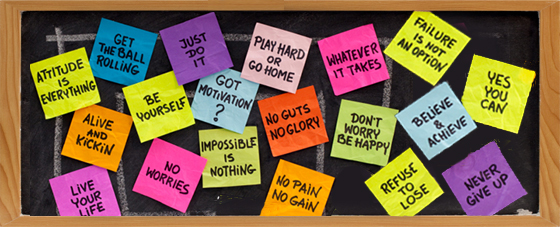
This is the beginning, of anything you want,
Don’t make resolutions without an action plan.
The secret to success is right in your hands.
Don’t limit your challenges. Challenge your limit.
Stop making lists. Be more consistent.
Be more awesome than last year.
Believe in yourself & you will be unstoppable.
Working on myself, by myself, for myself.
There are only two options: Make progress or make excuses.
Your only limit is your mind.
Don’t wish for it work for it.
If it doesn’t challenge you, It won’t change you.
Every morning, you have a new opportunity to be a happier version of yourself.
Don’t decrease the goal. Increase the effort.





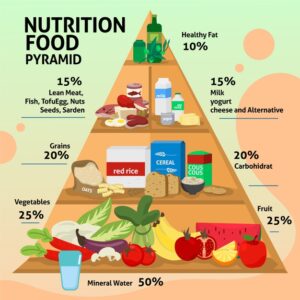
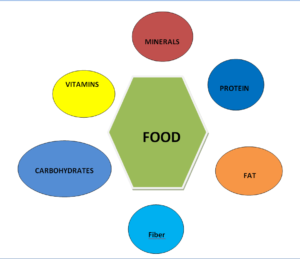

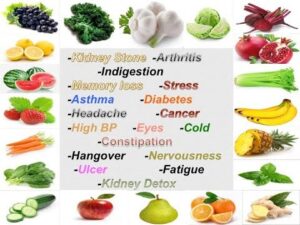
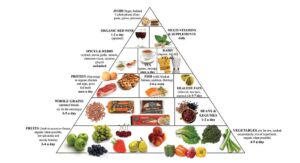

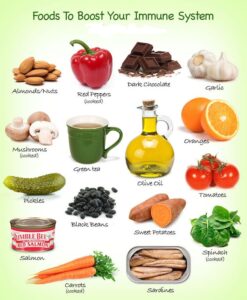
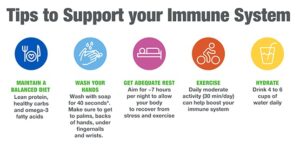

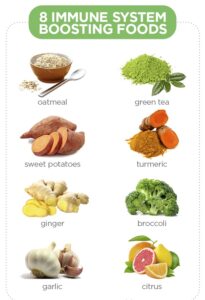
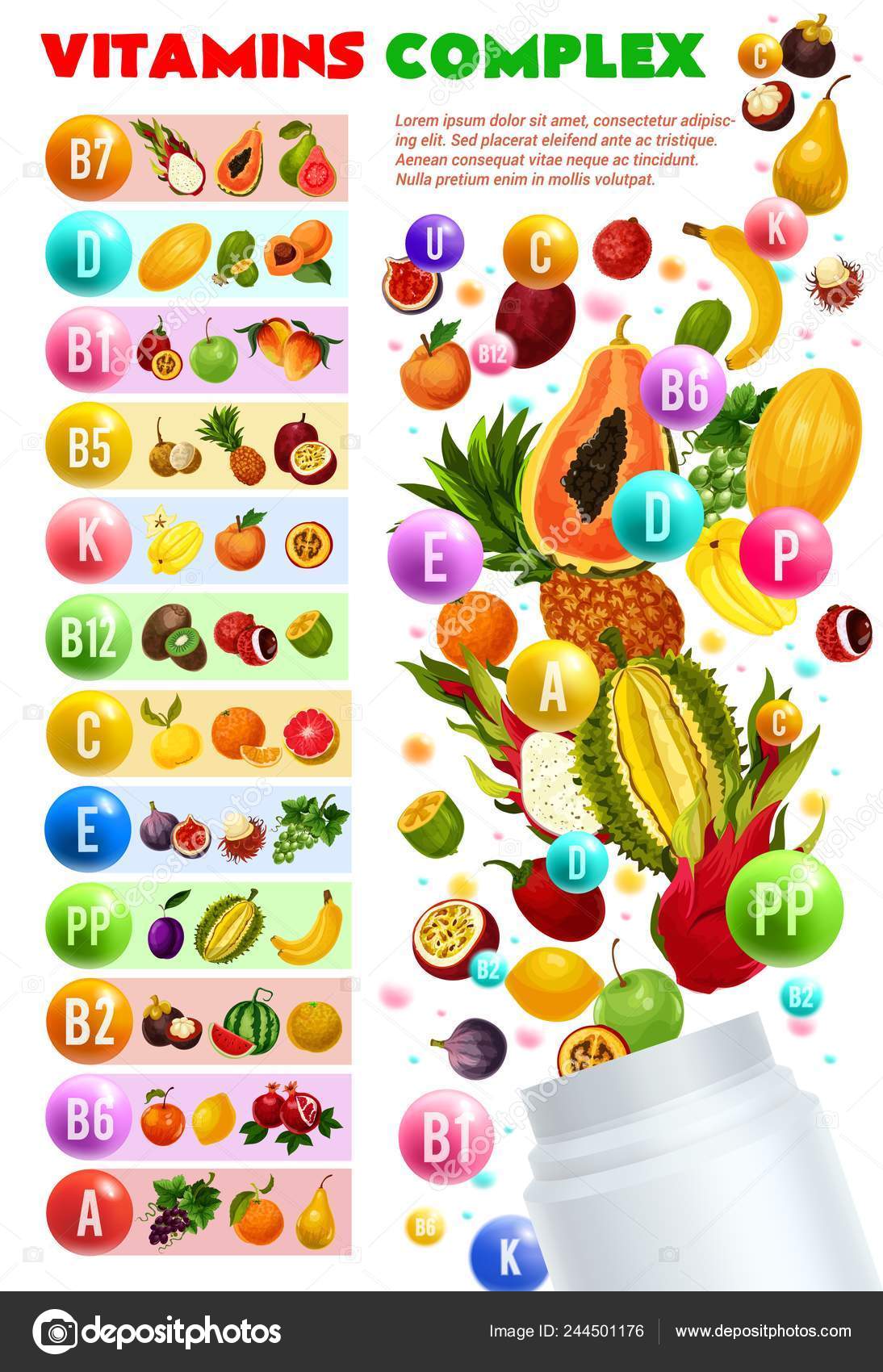

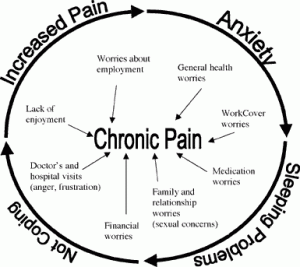


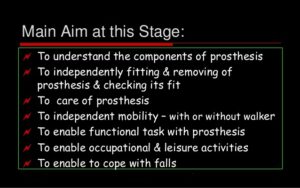







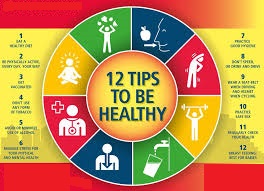






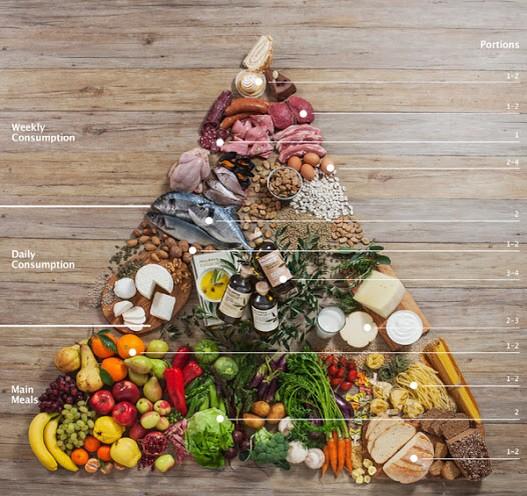
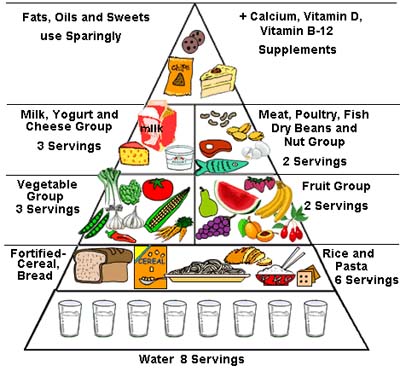
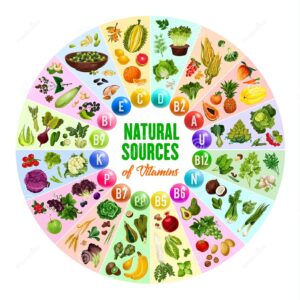
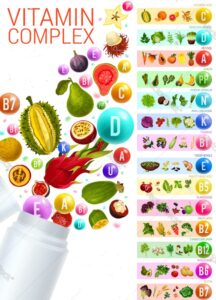
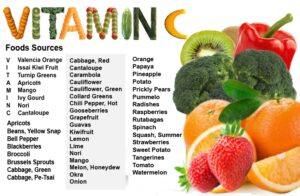
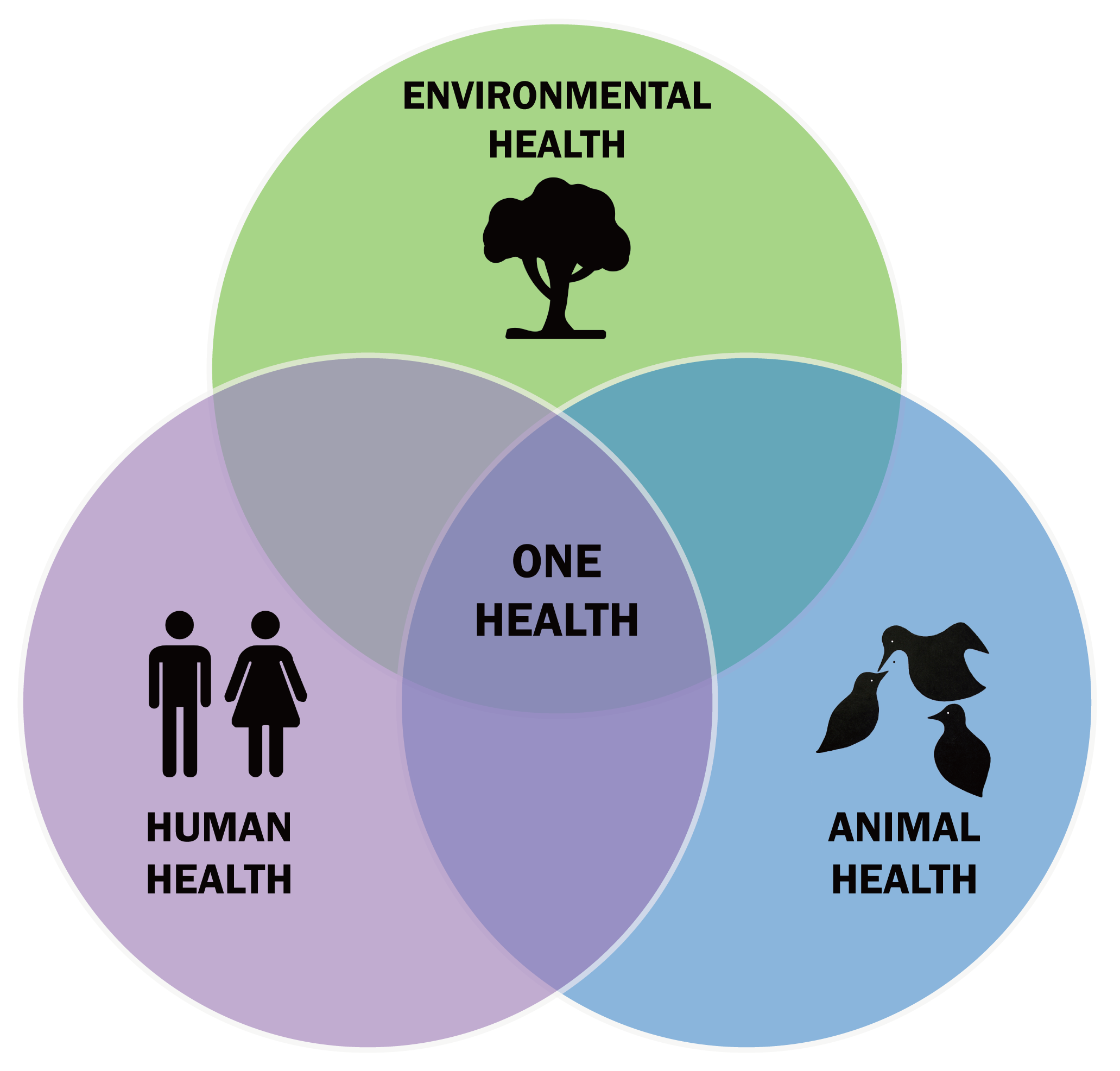



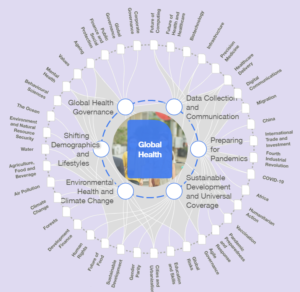



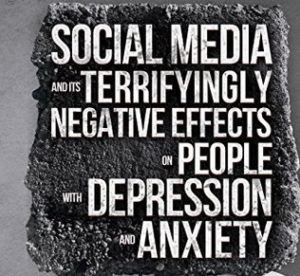
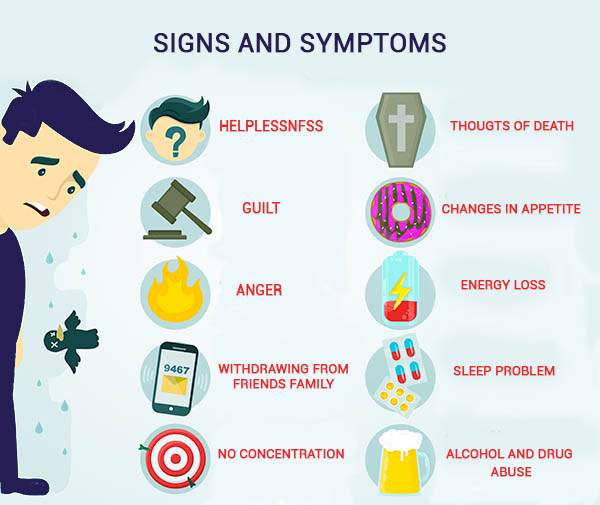

 Vastu Shastra
Vastu Shastra

